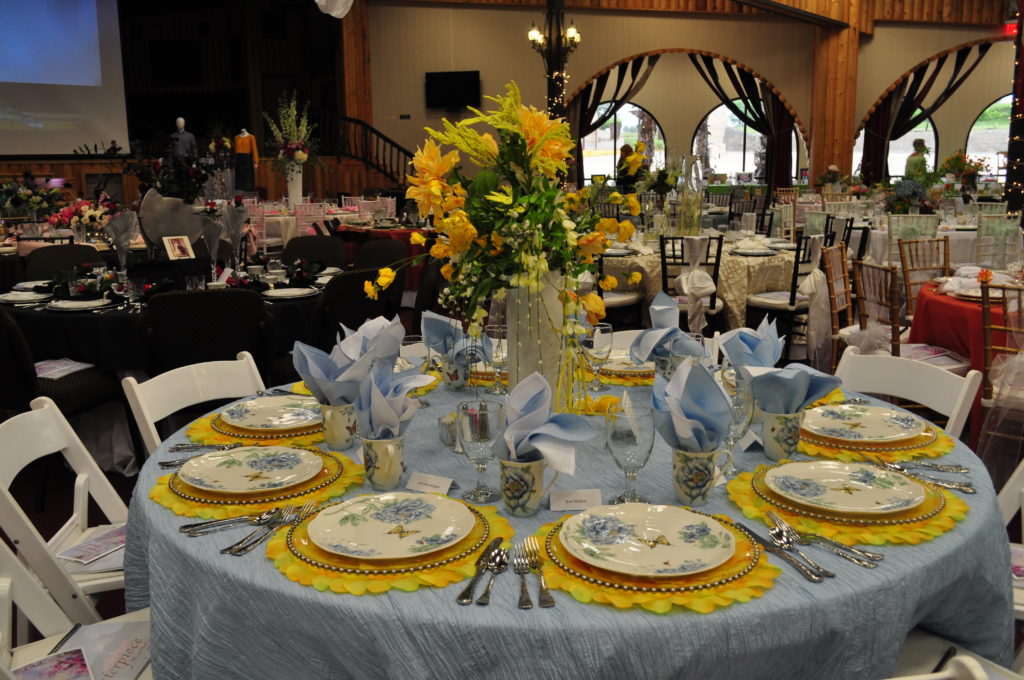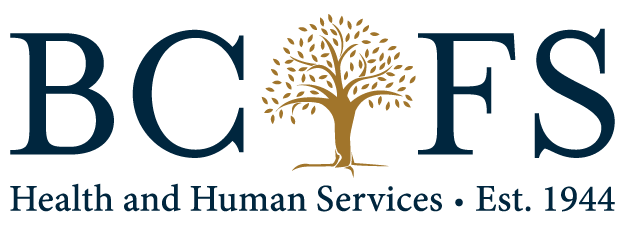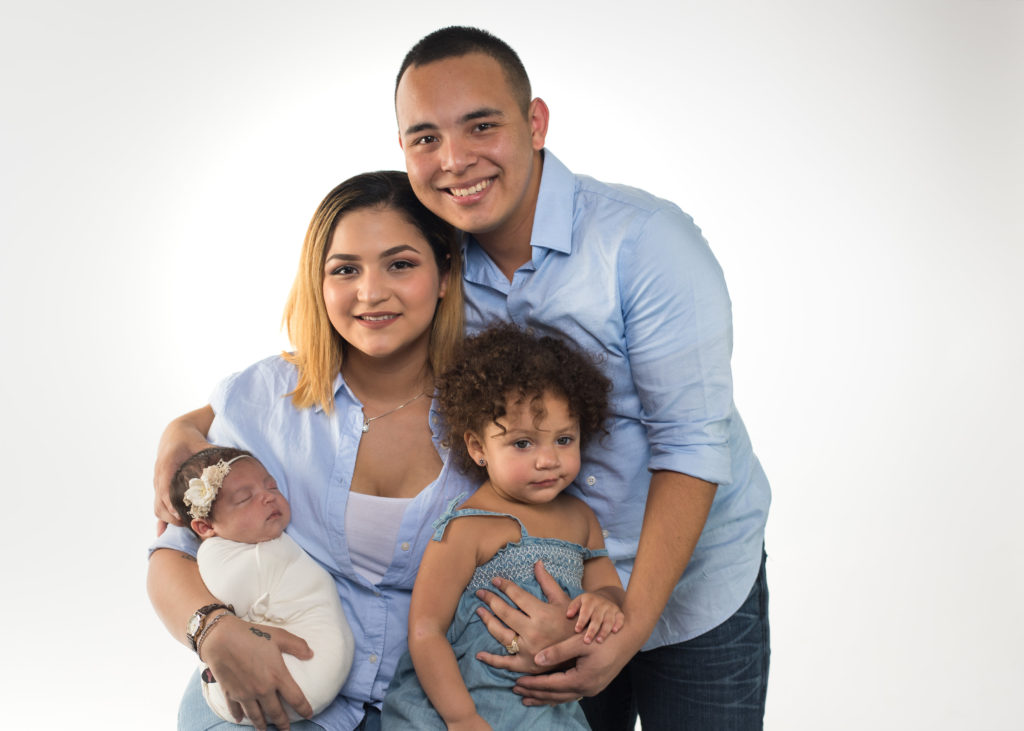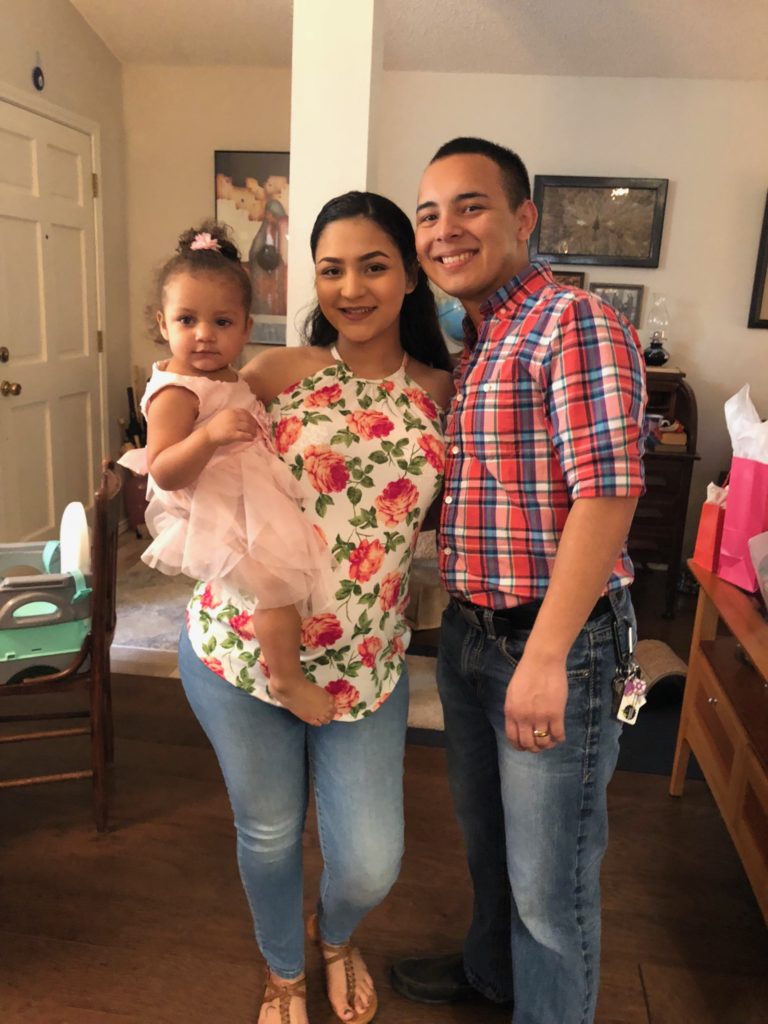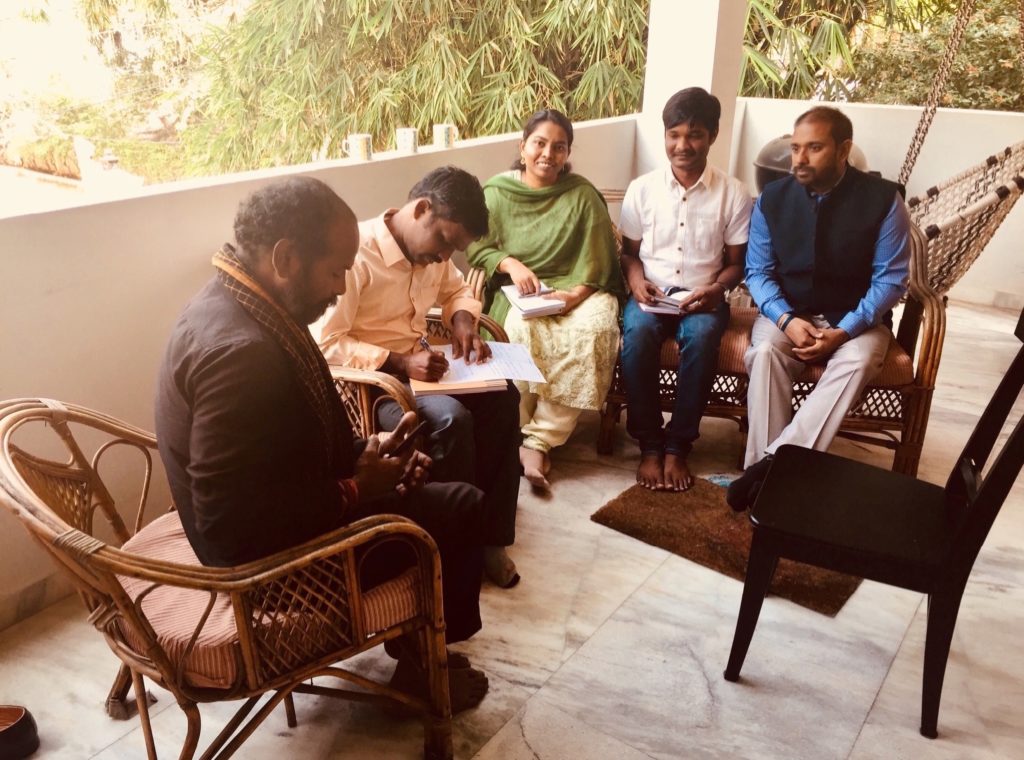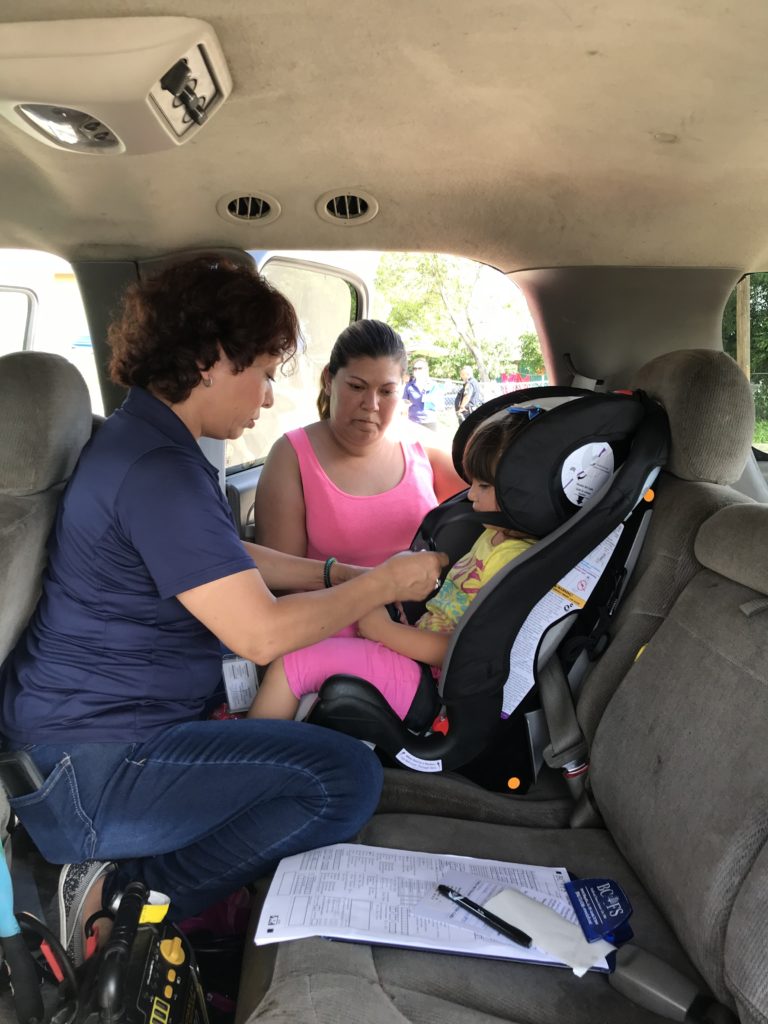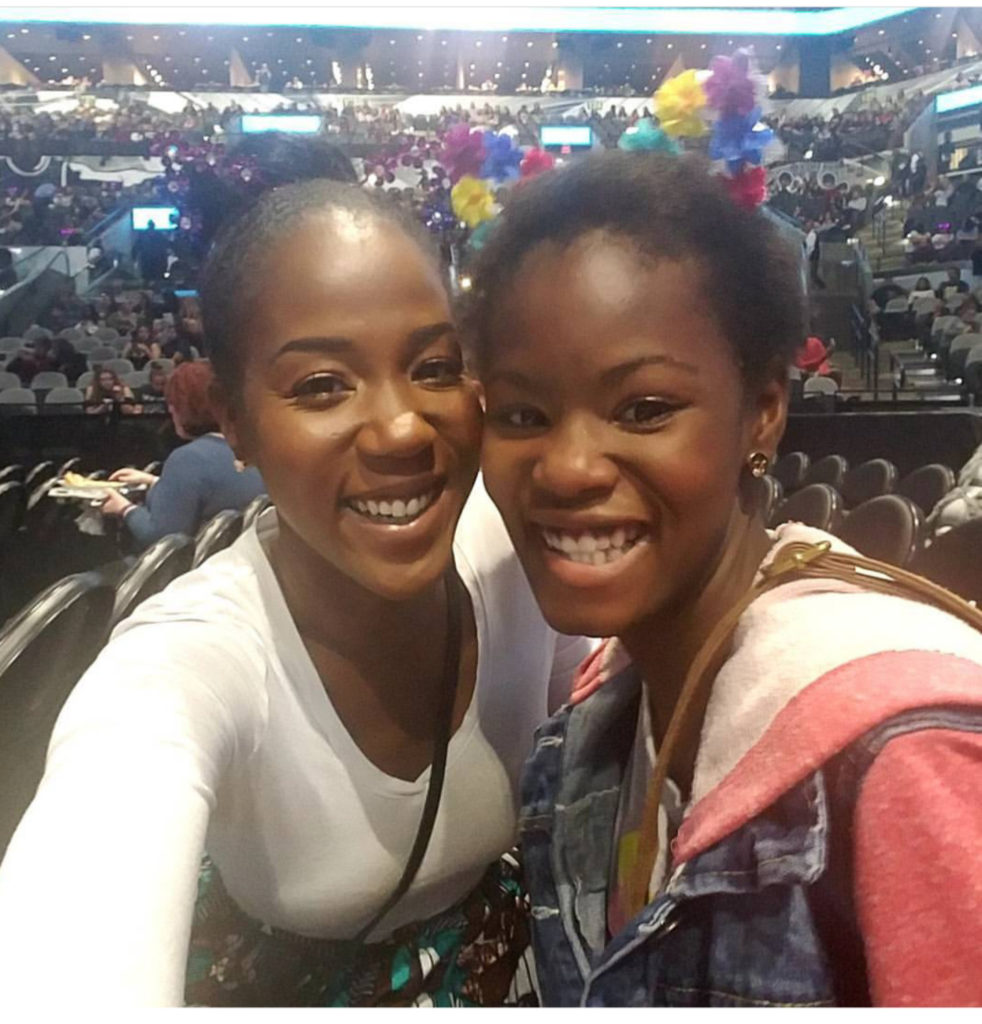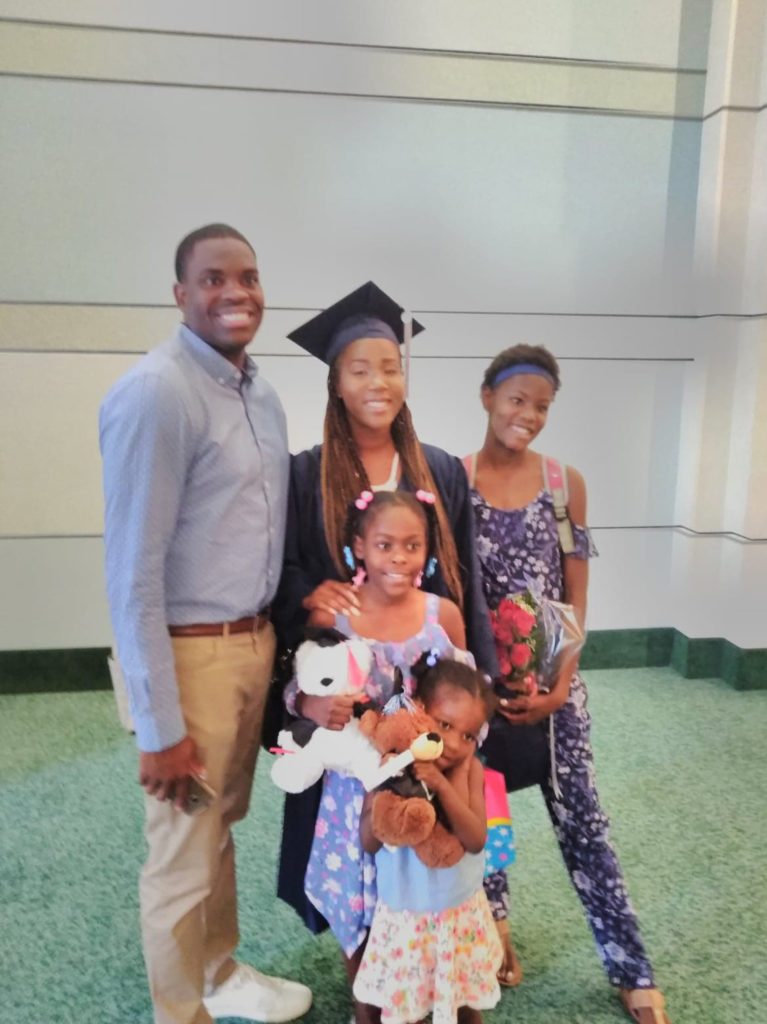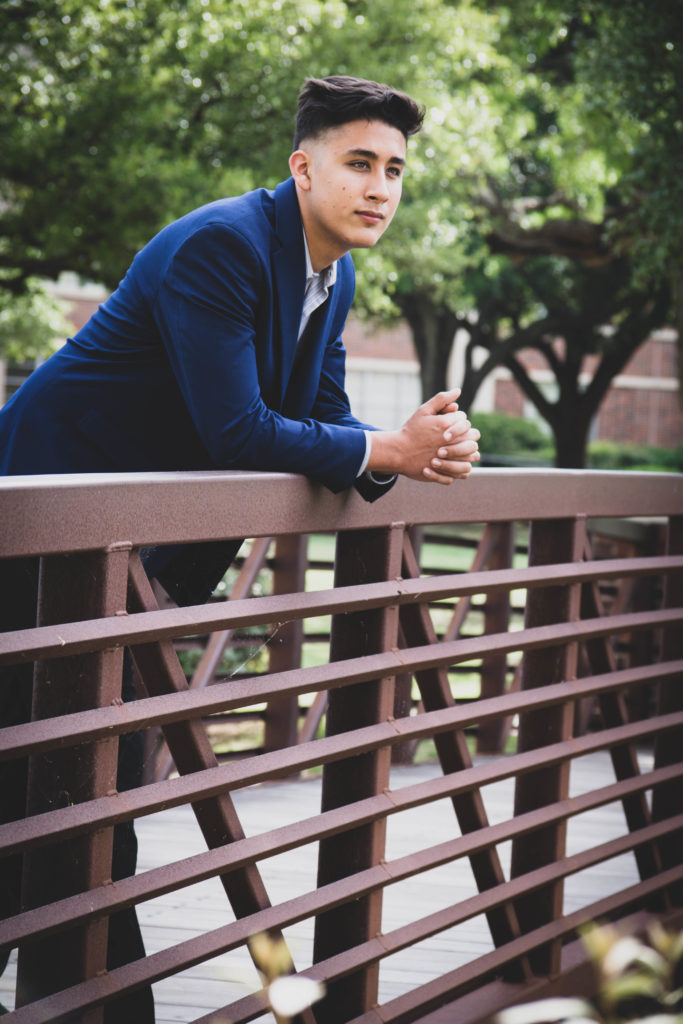by Alexzandra Hust and Elliott Harris
“It
wasn’t always like this,” says Jaime. He remembers younger days, simpler days. Perhaps
that perceived ease and simplicity are made to be more now than they ever truly
were because of a life that has taught Jaime what he knows today. Yet, if nostalgia
adds some unrealistic magic to his history, it is still difficult to deny the
changes that slowly took hold of his family and, consequently, Jaime’s own
life.
Fading
As
Jaime began high school, more was changing for him than his journey through
adolescence. He was coming into his own as a soccer player and trying his best
to enjoy the various treasures and tribulations that come with being a young
man.
At
the same time, Jaime’s mother was coming out of a relationship with a man who
had abused her. While the change brought an end to the potential for abuse, it
also brought financial troubles and other circumstances that further burdened what
remained of Jaime’s family. Because his mother lost custody of her youngest
children to her ex-husband, the family now consisted of only Jaime, his sister,
and his mom.
The
transition to a family of three headed by a single parent was difficult on everyone
involved, but Jaime’s mother took it especially hard. Her exceedingly troubled
outlook affected Jaime and his sister.
“Whenever
something bad would happen in her life, she would take it out on us,” says
Jaime. “She’d call us ungrateful, or find a way to blame us for what was happening.”
As
a freshman in high school, Jaime was working and saving money so that he could
attend the Winter Formal dance at school. His mother was not working at the
time and asked to borrow the money he had saved for the dance to cover some of her
own expenses. When Jaime said no, his mom got upset. “You’re going to be just
like your father,” she said.
Jaime ran.
His
mother called the police. It didn’t take officers long to find Jaime and take him
back home, but it was hardly the end of tensions between son and parent.
Jaime
remembers his sophomore year of high school as the height of his family’s troubles.
They had moved into a new house which the landlord offered rent-free as long as
the family worked to fix the house while they lived there.
“But
we never worked on the house,” said Jaime. “If anything, it just got worse.”
The
family’s living situation grew increasingly uncertain with pressure from the
landlord to leave, and with that uncertainty came depression for Jaime’s
mother. She was anxious and easy to upset. Jaime remembers the ill-fated
prophecies his mother would dispense, telling Jaime he’d grow up to be an
idiot, a murderer; a rapist.
“It
wasn’t always like this,” says Jaime. “I can remember when me and my mom were
really close, but everything she was telling me now – I just got so tired of
everything and I started to hate myself.
“I
started to think about hopping onto a train and leaving… or hopping in front of
one. It was a really bad time.”
The
next year – his junior year – Jaime left his family’s house for good. After his
mother told him she would no longer give him a ride to work, his options for building
a stable present and future were fewer now than ever before.
On
the night Jaime finally left his house for good, the stress and tension in his
family finally reached a breaking point, his mother speaking the words that
would alter Jaime’s life: “I think it’s time for you to pack your things and
leave this house.”
Wandering
Over
the course of Jaime’s junior and senior year, with no permanent place to call
home, he was left to move between the houses of friends. He’d spend five months
here, three months there; a few nights somewhere else. At each stop, the same story
played out: generosity would wear thin from some member of his temporary family,
or financial or relationship troubles further complicated an already complex
situation for Jaime.
Amid
the instability, Jaime’s grades suffered. It was difficult to keep up with
homework when he struggled to keep a home.
One
day, the Abilene Independent School District’s Homeless Liaison offered Jaime
the chance to connect with Our House, a transitional living program offered
through BCFS Health and Human Services in Abilene, Texas. The school set up an
interview between Jaime and an Our House case manager, Alexzandra Hust.
When
Alexzandra explained what Our House could do for Jaime, he was in disbelief. Alexzandra
remembers Jaime asking, “What’s the catch?”
Alexzandra
laid out the rules for living at the house, which included maintaining a
drug-free lifestyle and working towards independence. It all seemed so simple
compared to the life Jaime had grown used to. Soon, Our House would give Jaime
a place to call home.
Our House is a transitional living program that provides young men facing homelessness with a safe, stable living environment. The young adults living in the home receive services from staff and community partners including education assistance, employment training, and a sharpening of life skills.
Living
While living in
the house, residents learn to share in communal responsibilities – from general
cleaning or dinner preparation to service projects benefiting the local
neighborhood. The goal of Our House is to help young men grow to better manage their
lives as they develop professional skills to more quickly become independent,
responsible, contributing members of the community.[EH1]
As
a high school senior, Jaime was approved to live at Our House, which provided
him with resources through BCFS Health and Human Services and their partners,
such as the Texas Workforce Commission, that he otherwise would not have known
were available. Most importantly, he finally had a consistent place to call
home.
With
a newfound sense of stability, Jaime enjoyed more free time than he was accustomed
to. He made a few friends who shared similar pasts to his own. “I grew close to
those guys, but I started following their ways.”
With
new friends came new habits, and as he spent more time connecting with his new companions,
alcohol and drugs placed Jaime’s life on a downward path. Though Our House
requires drug tests from its residents, and a positive result would threaten the
stability Jaime had found, as depression crept into his life, he was
indifferent to the consequences of his actions.
He
was struggling, and he knew it.
“I
looked and saw my future in front of me: this wasn’t anything to live for and
work for,” says Jaime. Eventually he reached out to Alexzandra and BCFS-Abilene
Texas Workforce Commission Advocate Shelby Garfield, admitting everything he
was going through.
“I’ve
gotta thank Alex and Shelby because they’ve always been there for me and always
been my support group,” says Jaime. “They’ve been a big part of my life and
influenced me to go in the right direction.”
When
Jaime told them about his difficulties, Shelby and Alexzandra got him involved
in a local community program that helped turn him away from dependency and
build a resolve against negativity. “They taught me how to change my life by
staying busy,” says Jaime. He has internalized that lesson, keeping himself focused
and active.
In
staying busy and working hard, Jaime was left with a difficult choice. Near the
end of high school, he realized he would have to give up one of his most
faithful companions throughout life: the game of soccer. “It was a tough
decision for me because soccer was something that could take me away from
whatever I was going through,” says Jaime.
Work
and school were enough on their own, and soccer had become yet another
expenditure of time in an increasingly cramped schedule. He knew his options
were limited if he had any hope of maintaining his grades and reaching his
professional potential. He discussed the possibility of leaving the soccer team
with his youth minister, who offered simple advice: “What’s going to help you
the most in life?”
As
tough as it was, Jaime finally told his coach he would not be able to continue
playing with the varsity team. Afterward, Jaime spoke with Shelby about the
weight of the decision he had felt forced to make.
“I
don’t know Shelby, I’m pretty down,” he said.
“Well,
I know what might cheer you up,” said Shelby. “How about a full-ride
scholarship to Hardin Simmons University?”
Unknown to Jaime, Hardin Simmons and BCFS-Abilene had been
developing a full-ride scholarship for a resident at Our House. With a strong
work ethic, a great educational track record, and a history that showed an
unwillingness to stop when obstacles were in his way, Jaime proved to be a
fitting candidate for the scholarship. Jaime describes the award from Hardin
Simmons as the “biggest blessing I could ask for.”
Building
Today,
Jaime works two jobs, averaging between 50 and 60 hours a week to pay his bills
and afford his own apartment that he recently moved into after leaving Our
House. Five days a week, Jaime works construction in the morning and afternoon,
and three to four nights a week, he takes an evening shift at Hendrick Medical
Center as a Certified Nursing Assistant (CNA). While the two jobs pay his
bills, they also allow him to steadily build a savings account so that he can
be prepared for the expenses of college as well as any unforeseen financial
troubles. Jaime works hard to afford a life he has chosen to live, no longer a
fate decided for him.
Meanwhile,
Jaime’s relationship with his mother has drifted. While he and his mother
rarely speak, he tries his best to stay in contact with his younger brothers
and sisters, who are now 12, 13, and 16 years old. Jaime has high hopes for his
oldest sister in particular, whose brilliance he finds hard to ignore.
“I
was fortunate to get the scholarship from Hardin Simmons, but if anyone
deserves it more, it’s probably my sister,” says Jaime. “She has real
potential, she’s amazing and just… so smart.” Jaime looks forward to supporting
his sister’s education once she graduates high school, and hopes to do so for
each of his younger siblings when the time comes for them.
Next
fall, Jaime will begin his degree in nursing at Hardin Simmons University.
Until then, he will attend a local community college to earn a few credits toward
his coursework at Hardin Simmons. Jaime plans to use all the lessons he has
learned to ensure success is as achievable as possible. “I’m going to every
study hall, every tutoring session; whatever it takes to make it,” Jaime says.
After
college, he wants to move to San Antonio to begin his nursing career, hopefully
rekindling some of the spirit he found in the movie Patch Adams, which was Jaime’s earliest inspiration to join the
medical field. The film remains a standard for the level of care he wants to
provide his patients and coworkers today.
“Sometimes,
the other nurses [at Hendrick] will have to come pretend like they need me in
another room. I’ll be talking with a patient for 30 minutes or longer. They
think I’m stuck in there with them, but really I just want to know what’s going
on; I just want to make sure they’re getting everything they need and that
we’re doing everything we can for them,” he says.
He
may become a doctor later in life, depending on the opportunities that become
available, but for now, he simply feels blessed to have plans he finally feels
capable of achieving through his own will and through the help and guidance of
the individuals and organizations who have brought him this far. No matter what
happens, Jaime will continue making moves that maintain a life of freedom,
mobility, and independence.
